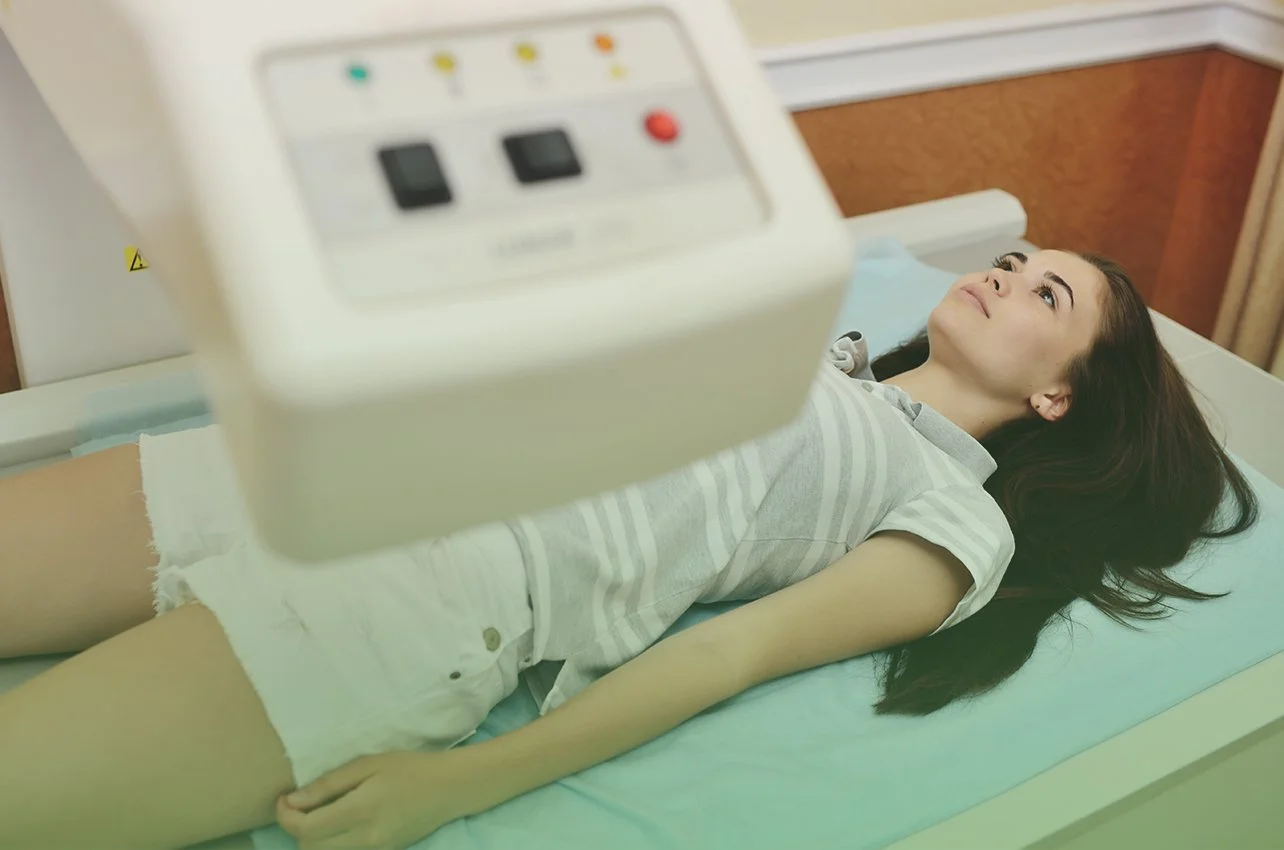Tracker Showdown: Which Wearable Wins for Sleep?
We reviewed Oura, WHOOP, Apple Watch, Eight Sleep, and Fitbit to find out which truly delivers the data that matters. Whether you're tracking HRV, temperature, or sleep latency, your perfect fit depends on your goals and lifestyle. Explore the breakdown →

What Your Sleep Tracker isn’t Telling You
While your hormone levels, metabolic processes, and gut health are always good to keep in mind in relation to your sleep, every body is unique, and certain stimuli or meal times that negatively impact one person may not be a problem at all for someone else. Some people may also experience “orthosomnia”—anxiety from trying too hard to optimize sleep—from all of these do’s and don’ts, which paradoxically worsens sleep quality.

Ningen Dock and Velocity Health: Comparisons in Preventative Medicine
The University of Warwick and Fudan University in China conducted a study in which researchers analyzed blood samples from more than 50,000 healthy people, 1,400 of whom went on to develop dementia over a follow-up period of 10-15 years. The researchers used the data they collected to identify 11 blood proteins that can be used as indicators for the biological changes that happen in people who will likely have dementia. According to this study’s findings, these 11 blood proteins predict dementia with an accuracy rate of up to 90%.

How Blood Can Reveal the Future: Predicting Dementia Up to 15 Years in Advance
The University of Warwick and Fudan University in China conducted a study in which researchers analyzed blood samples from more than 50,000 healthy people, 1,400 of whom went on to develop dementia over a follow-up period of 10-15 years. The researchers used the data they collected to identify 11 blood proteins that can be used as indicators for the biological changes that happen in people who will likely have dementia. According to this study’s findings, these 11 blood proteins predict dementia with an accuracy rate of up to 90%.




The Hidden Health Crisis: Why 99% of People Aren't Operating at Full Capacity and How Velocity Health Can Help You
The biggest health issue in the world is not obesity, chronic disease, or mental health.
It's the fact that almost nobody is operating at 100% of their capacity.

